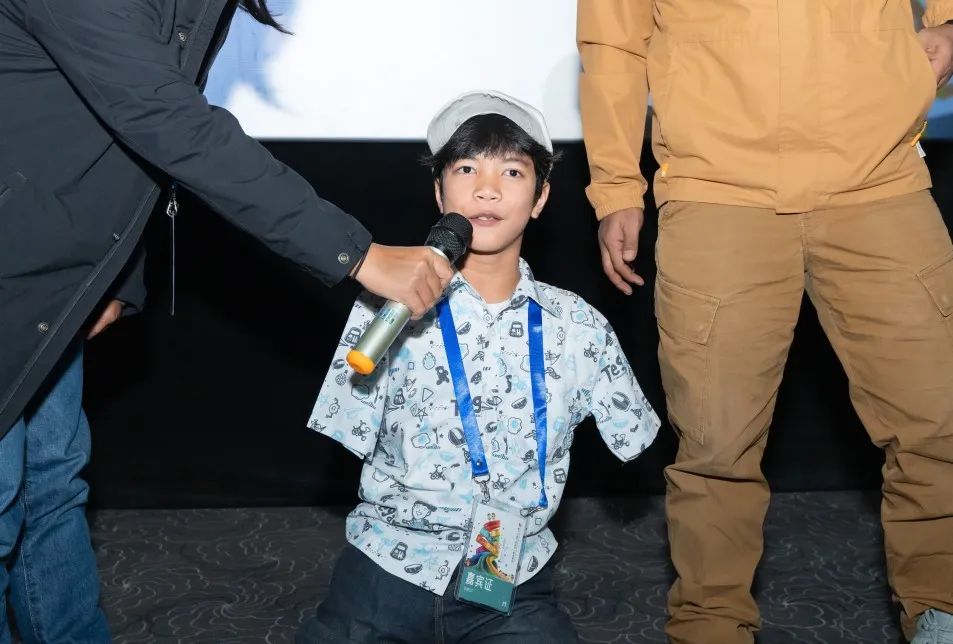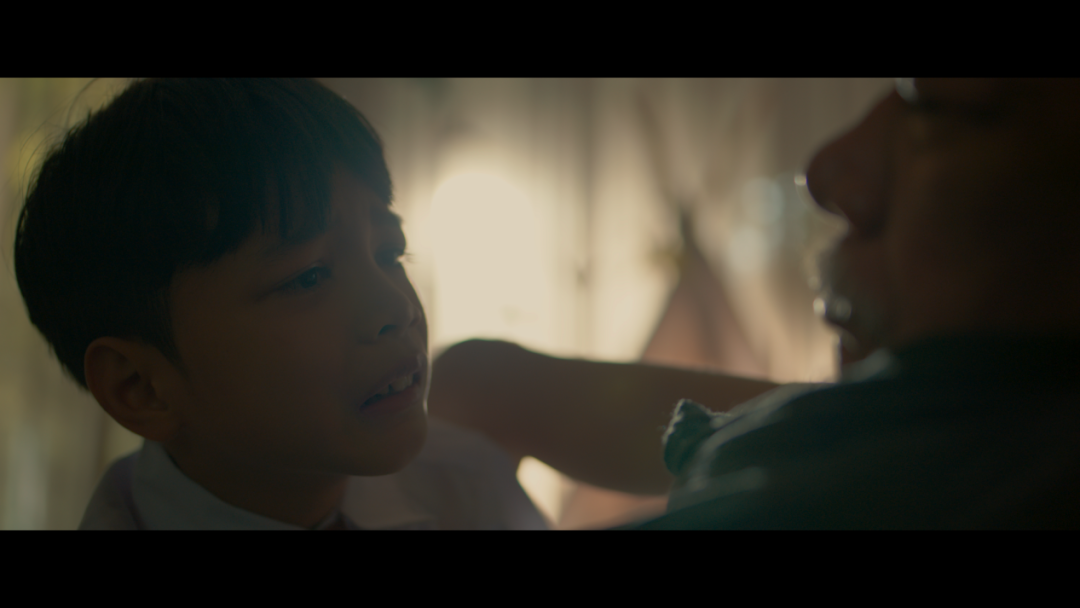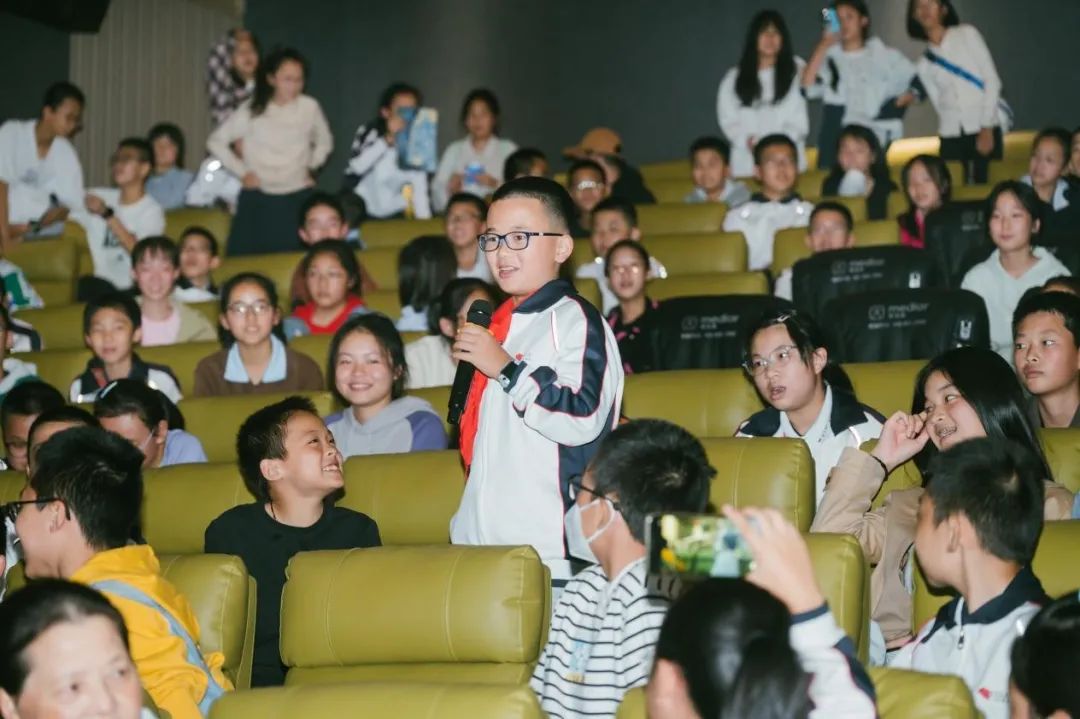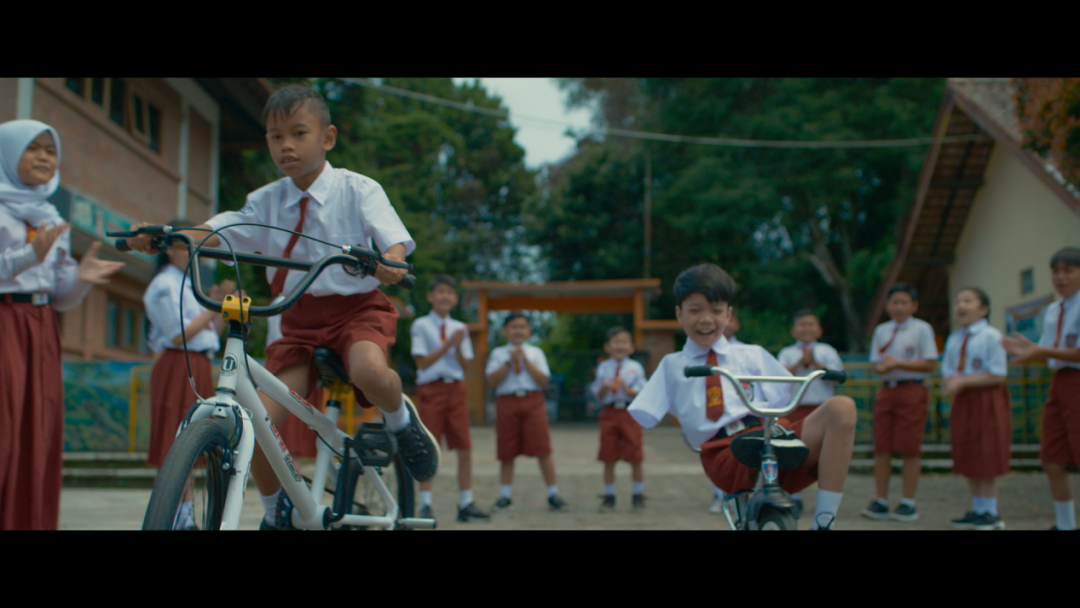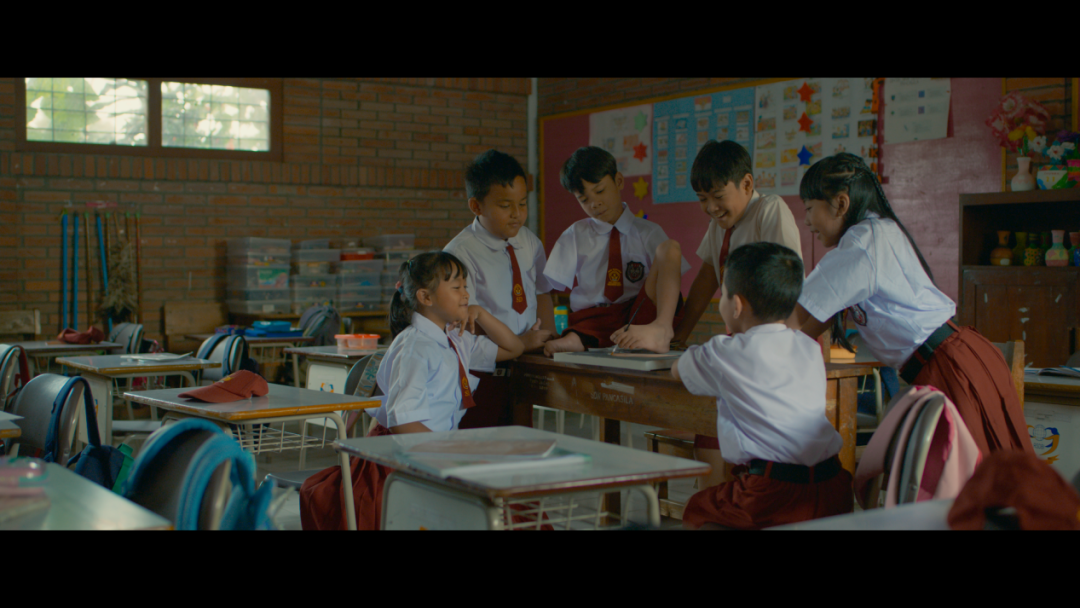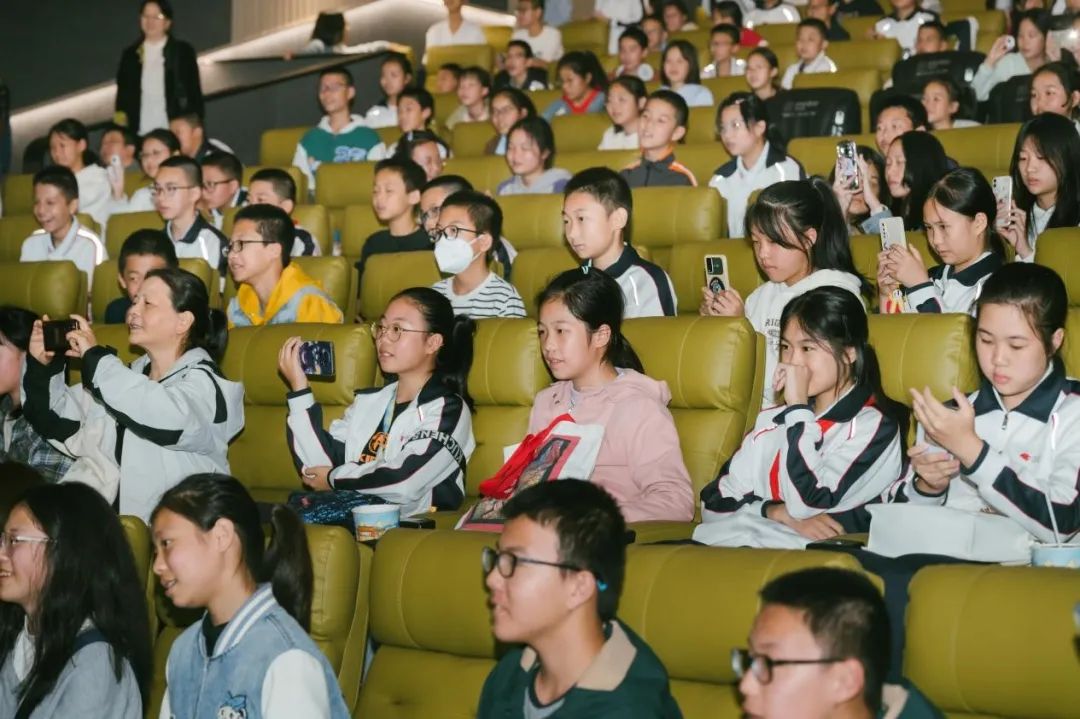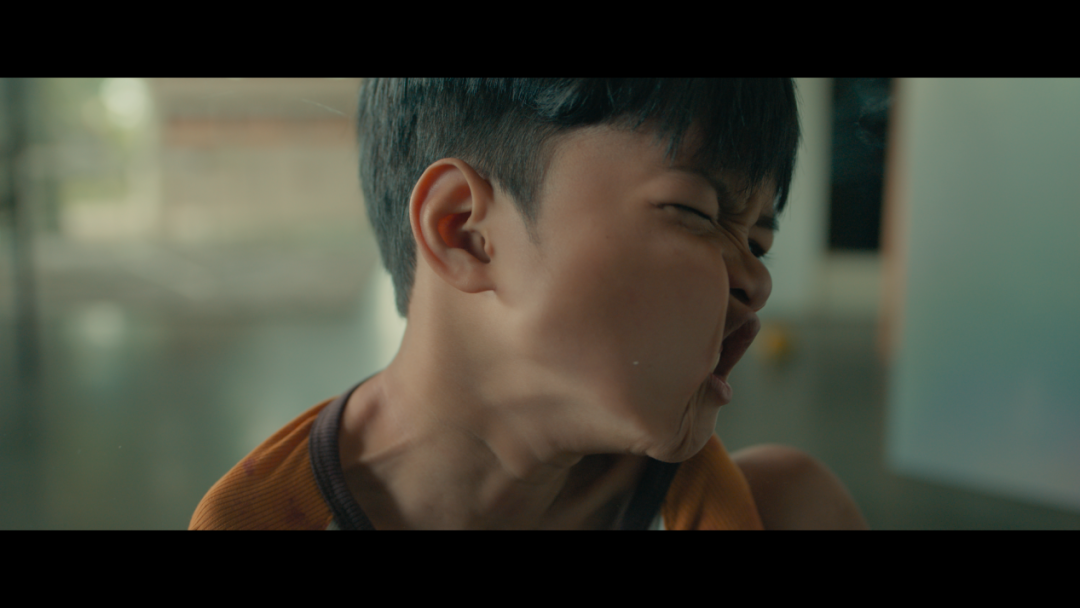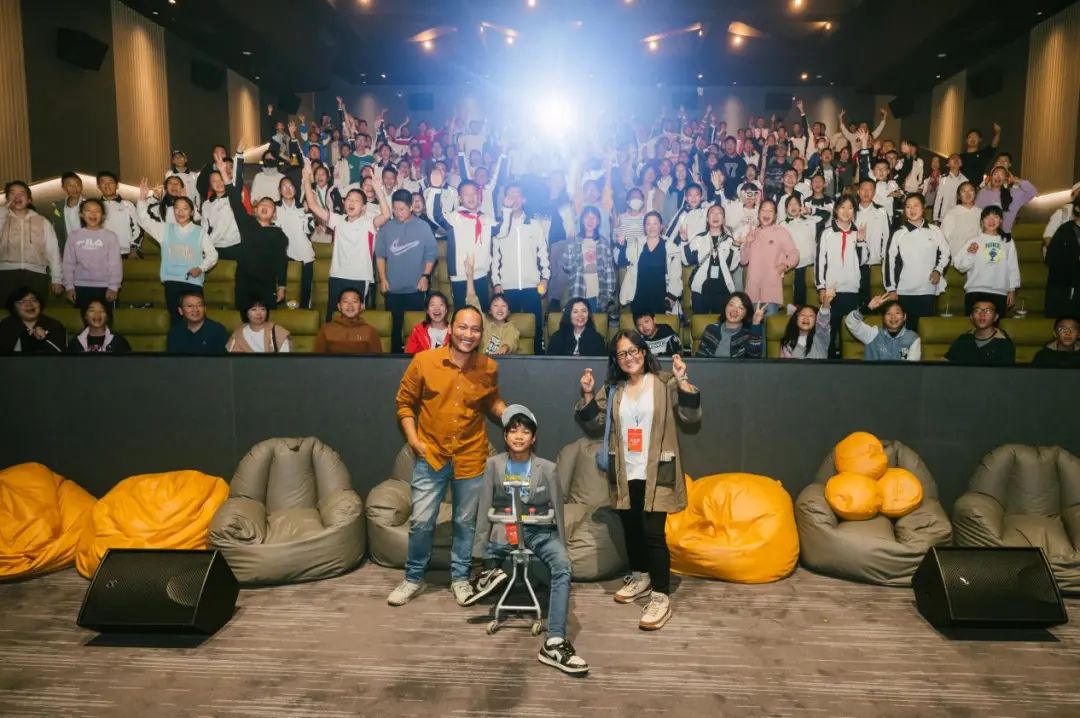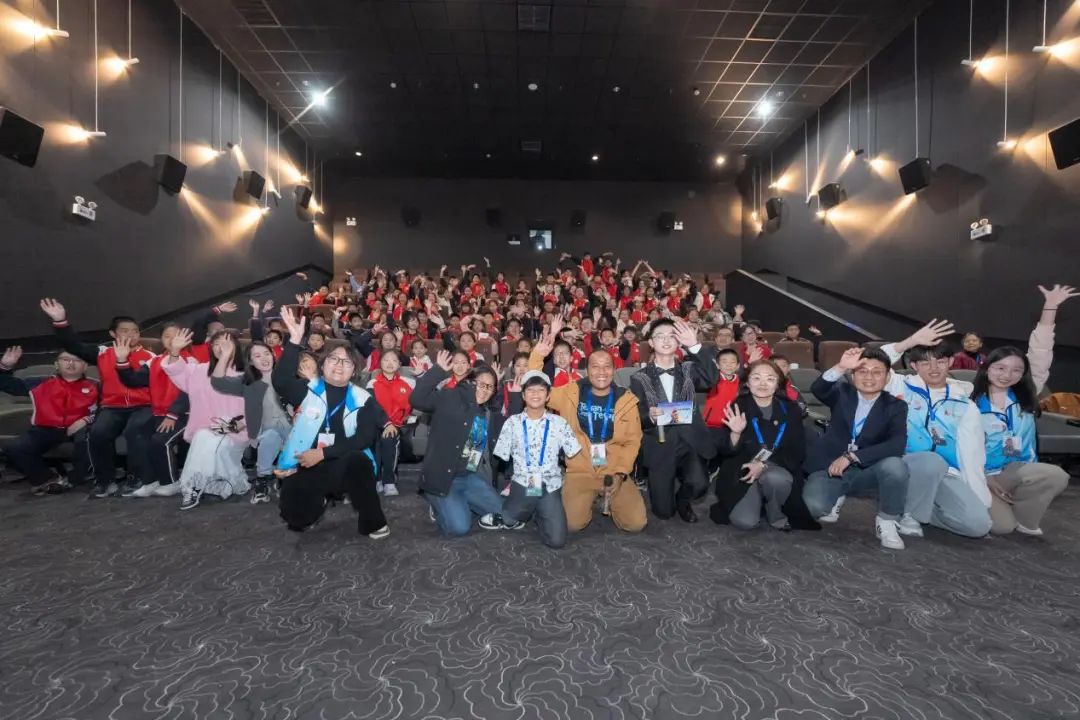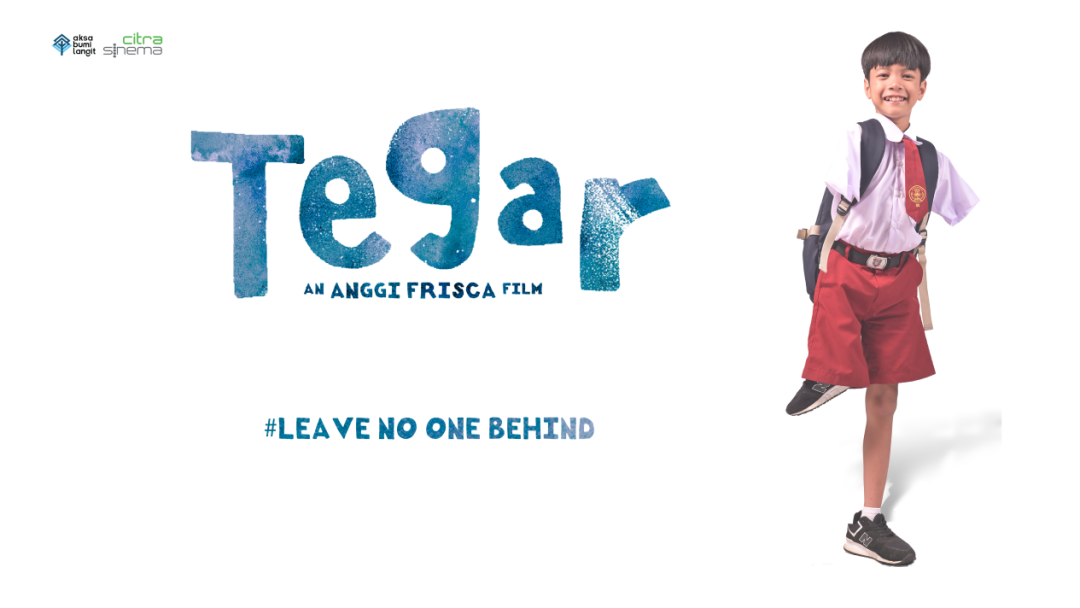
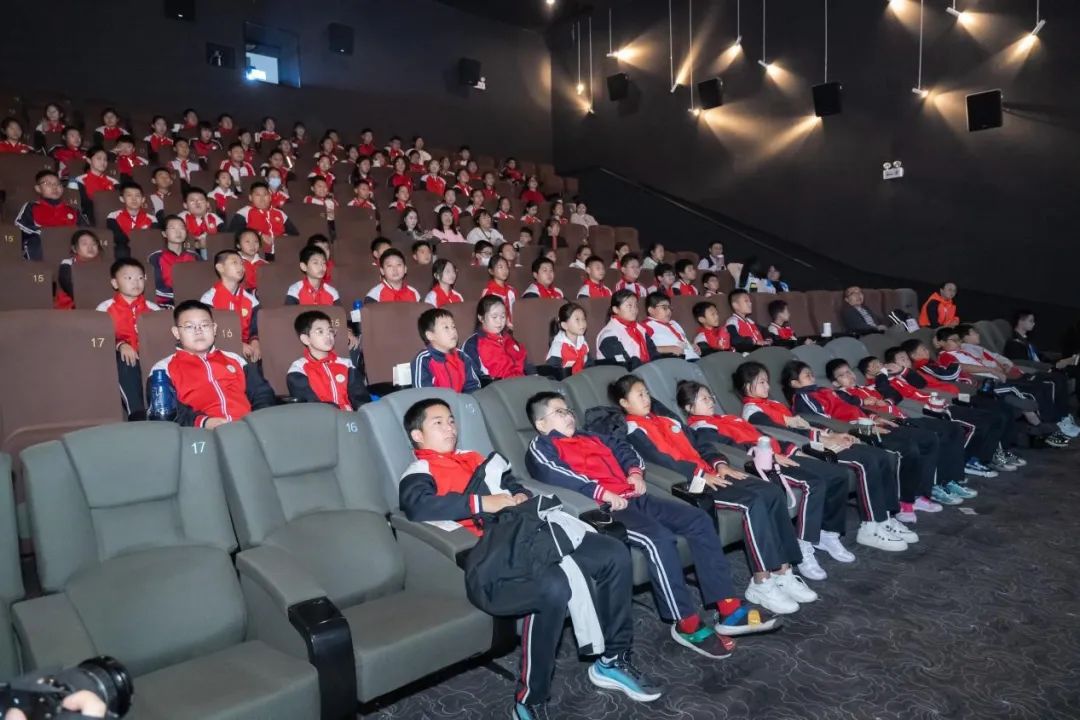
The Making of "Us"
Anggi Frisca decided to step into the world of people with disabilities to understand their inner lives. Then, one’s former ‘self’ gradually becomes ‘us’.
"During the scriptwriting process,
I engaged in research and discussions with people with disabilities
to better understand their
needs, desires, and perspectives.
This allowed me to portray Tegar's inner journey
and the broader experiences of disability
with greater authenticity."
"My goal is to make visible the often-overlooked lives of children with disabilities,
and to highlight the vital role of family support and education
in their existence.
I strive to create a film that celebrates
the indomitable human spirit,
the power of love and kindness,
and the necessity of a society that embraces every individual."

Tegar: Growth and Transformation
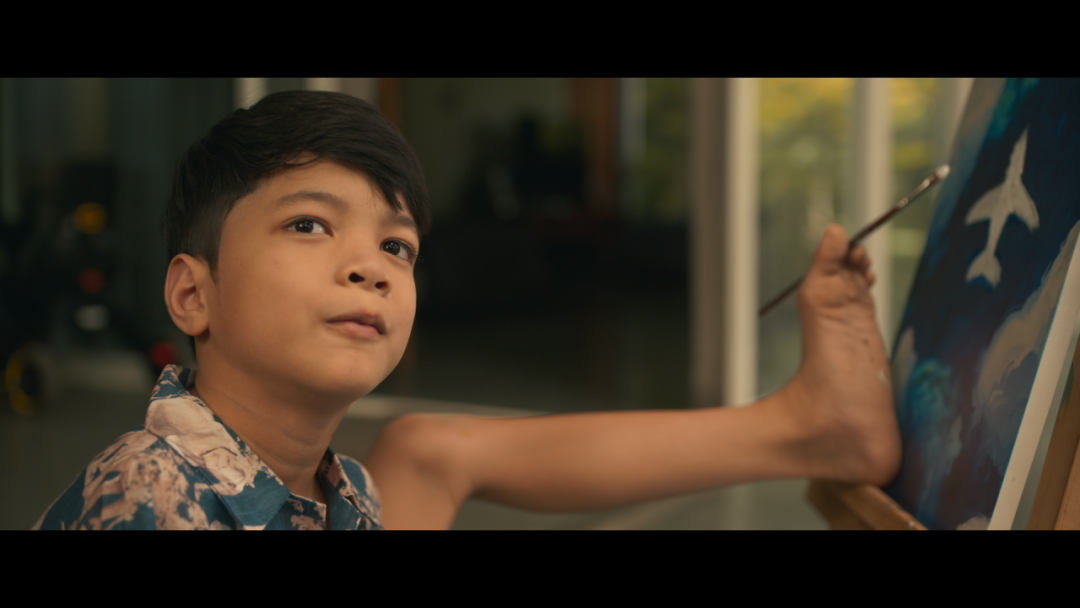
Harmony of Form and Content
"As a director with a background in cinematography,
my focus is to capture the challenges faced by children like Tegar
in a visually compelling way,
highlighting their resilience
and their ability to overcome obstacles
in pursuit of their dreams.
To achieve this,
I work closely with the cinematographer
to craft nuanced and intimate imagery,
allowing the audience to fully immerse themselves
in Tegar’s experience."
"Making Tegarhas been a profoundly transformative experience for me,
as I’ve been deeply moved by the incredible resilience
and courage of the disabled individuals
who contributed to this film.
Guided by the motto,
‘Without “us,” there is no us,’
we ensured that disabled filmmakers
played vital roles throughout the production.
This collaborative approach helped guarantee
that the film authentically and respectfully
reflects their experiences."
"Hope this film can inspire audiences to appreciate the unique strength of the disabled,
embrace the 'no one left behind' principle,
and strive to build
a more inclusive and compassionate world."


